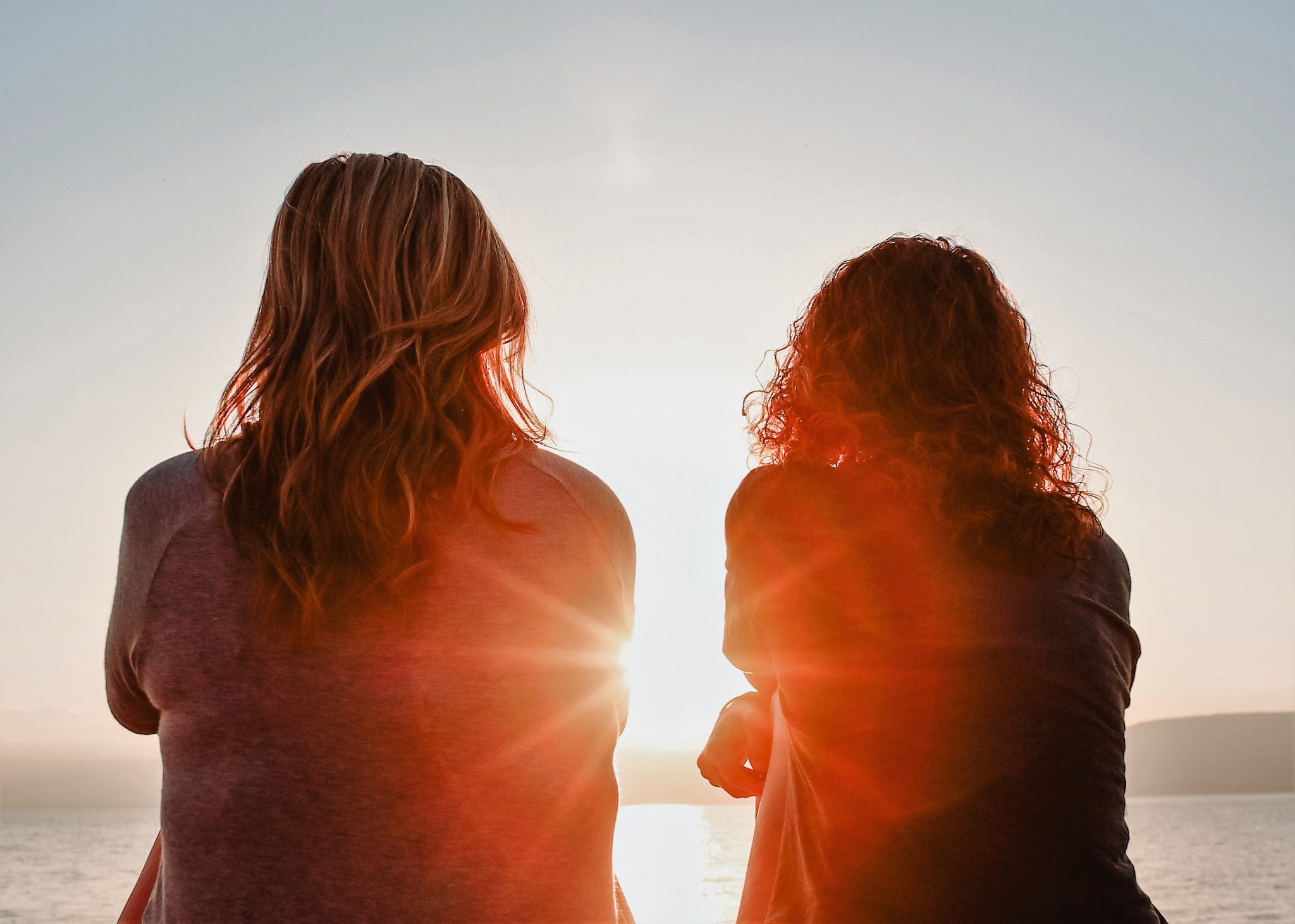Norway is party to the vast majority of international human rights conventions. Human rights are well integrated into the Norwegian legal system, and Norwegian courts follow a general principle that domestic law should be interpreted in accordance with international law. The drafting and consultation procedures for new legislation also include consideration of human rights implications.
Table of contents
Human rights in the Constitution
Norway is a parliamentary democracy, with free and fair elections, robust institutions, a vibrant press and an active civil society. Norway has topped the UN’s Human Development Index for over a decade and consistently ranks high in indicators of democracy, the rule of law and civil and political rights. The Norwegian Constitution includes strong protections for freedom of assembly, association and expression. It also provides a right to access public documents and requires the Norwegian State to facilitate ‘open and enlightened public discourse’.
Freedom of religion
The Norwegian Constitution protects the right to freedom of religion and requires that all religious and philosophical communities are supported on equal terms. It is an aggravating circumstance in the determination of sanctions if the offence is motivated by a person’s religion. Discriminatory or hateful statements based on i.a. religion, are also criminal acts. A penalty shall furthermore be applied to any person who in commercial or similar activity refuses a person goods or services based i.a. religion or life stance.
Gender equality
Norway has been ranked among the top three for the last ten years in the World Economic Forum’s Women’s employment and economic participation rates are high in Norway, and there are strong parental benefits, childcare support and flexible working arrangements. Norway also ranks high in women’s health, educational attainment and political empowerment.
LGBTIQ+ rights
As concerns registered reports with hate motives, a total of 1090 reports of hate crime were registered in Norway in 2023, according to the Police. This is an increase of approx. 18% from the previous year. Increased awareness of hate crime in the population, as well as increased competence among the police, can be assumed to be related to increase in reports. However, there is reason to believe that there are still large unreported figures for this type of offence, which means that hate crimes are committed and experienced, and might go unnoticed.
Indigenous rights
The Indigenous Sámi people have their own representative institution in Norway called the Sámi Parliament, which has 39 elected representatives from seven constituencies. Questions concerning use and exploitation of nature and the impact on indigenous traditional lands have been central to the relationship between indigenous peoples and states. This is also the case in Norway. In 2021 NIM published the report “Human Rights Protection Against Interference in Traditional Sami Areas.” The report analyses i.a. the Supreme Court`s judgment in the “Fosen case” which concerned whether the construction of windfarms on the Fosen peninsula amounts to a violation of the reindeer herders’ right to enjoy their own culture under article 27 of the International Covenant on Civil and Political Rights. A grand chamber of the Supreme Court unanimously found a violation and ruled the licence and expropriation decisions invalid. This was a historic decision because it was the first time that affected Sami parties, in a case concerning a development project in their traditional areas, won in the Supreme Court through reference to human rights. A mediation process between the parties has resulted in an agreement where the reindeer herders’ consent to the wind power production to continue throughout the concession period. After the expiry of the concession period, it has been agreed that the reindeer herders will have a veto over the wind power plant’s continued operation. Furthermore, it is planned that the reindeer herders will be able to use an additional area for winter grazing outside their grazing district. The wind farm company also undertake to make a substantial financial contribution available for reindeer herding in the affected districts.
National minorities
The Kvens/Norwegian Finns, Jews, Forest Finns, Roma and Romani/Tater people are all recognised as national minorities in Norway on account of their long-standing attachment to the country in accordance with the European Framework Convention for the Protection of National Minorities. The Norwegian Government has adopted several policy documents related to national minorities, including action plans regarding Kven languages, Anti-Semitism and living conditions for Roma people in Oslo.
People with disabilites
There are several schemes available in Norway to help people with disabilities and their families to live more active and independent lives. These include publicly funded home care and support services, loan and grant schemes, training and activity programs, respite care and residential care homes. The Norwegian Government has adopted an integrated strategic plan for 2020–2030 to promote equal opportunities for people with disabilities and a separate action plan to implement universal design and accessibility in a range of areas. In 2015, user-driven personal assistance (BPA) became a legal right for people with a disability who have a major, long-term need for assistance. NIM has, in a report published in 2022 on incorporation of the Convention on the Rights of Persons with Disabilities, recommended incorporation of the Convention into the Human Rights Act.
